Advice for partners, family and friends
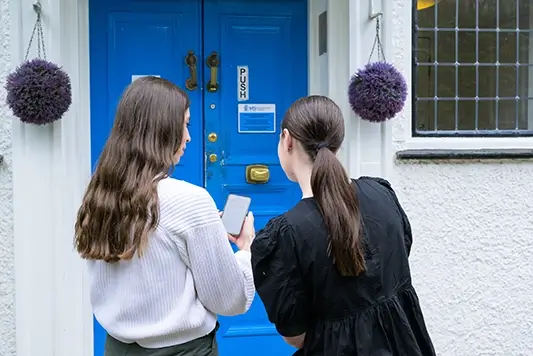
Supporting someone accessing abortion care
If someone close to you is considering or having an abortion, there are many ways to offer your support.
Whether you’re a partner, family member or friend, you can be there to listen, support and offer reassurance to someone accessing abortion services. On this page, we share our top tips on how to support someone during this time.
The decision to end a pregnancy lies with the person accessing care, but many people are helped through their experience by someone close to them, to talk to and share their thoughts and feelings with.
You can also offer practical support, such as going through abortion information together, reminding them about questions they might want to ask a healthcare professional, and supporting them after their treatment.
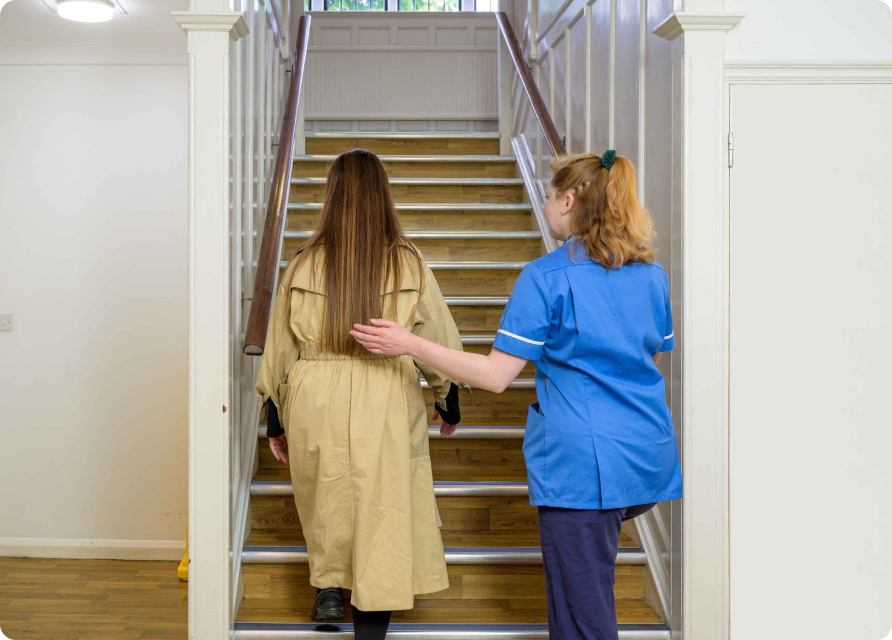
How to support someone accessing abortion care
If someone close to you is considering or having an abortion, there are many ways you can show your support. You may be unsure of exactly how to help, but just being there can make a big difference. Find our top tips on how to support someone accessing abortion care below.
Talking about abortion in a non-stigmatising way
The way we talk about abortion is important. Often, misconceptions surrounding abortion can be furthered by the language we use, and considering the way we talk about abortion can help to reduce stigma.
Click on the button to find a useful guide from the International Planned Parenthood Federation (IPPF) on how to talk about abortion in a non-stigmatising way.
More information about abortion
Visit the pages below to learn more about abortion, read abortion stories from our clients and see some common myths and facts about abortion.
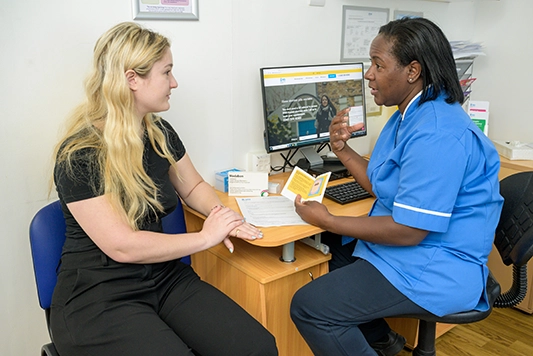
Abortion
Read more about abortion, the types of treatment and what to expect.
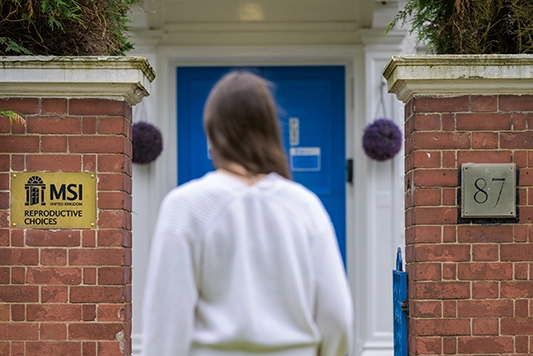
Abortion stories
Abortion stories from our clients to feel reassured that you are not alone.
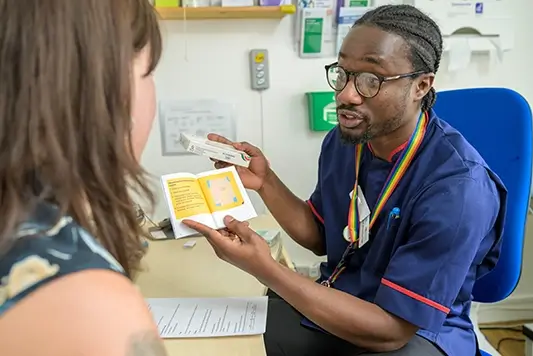
Abortion myths vs facts
Learn the facts about abortion as we debunk some common abortion myths.








































